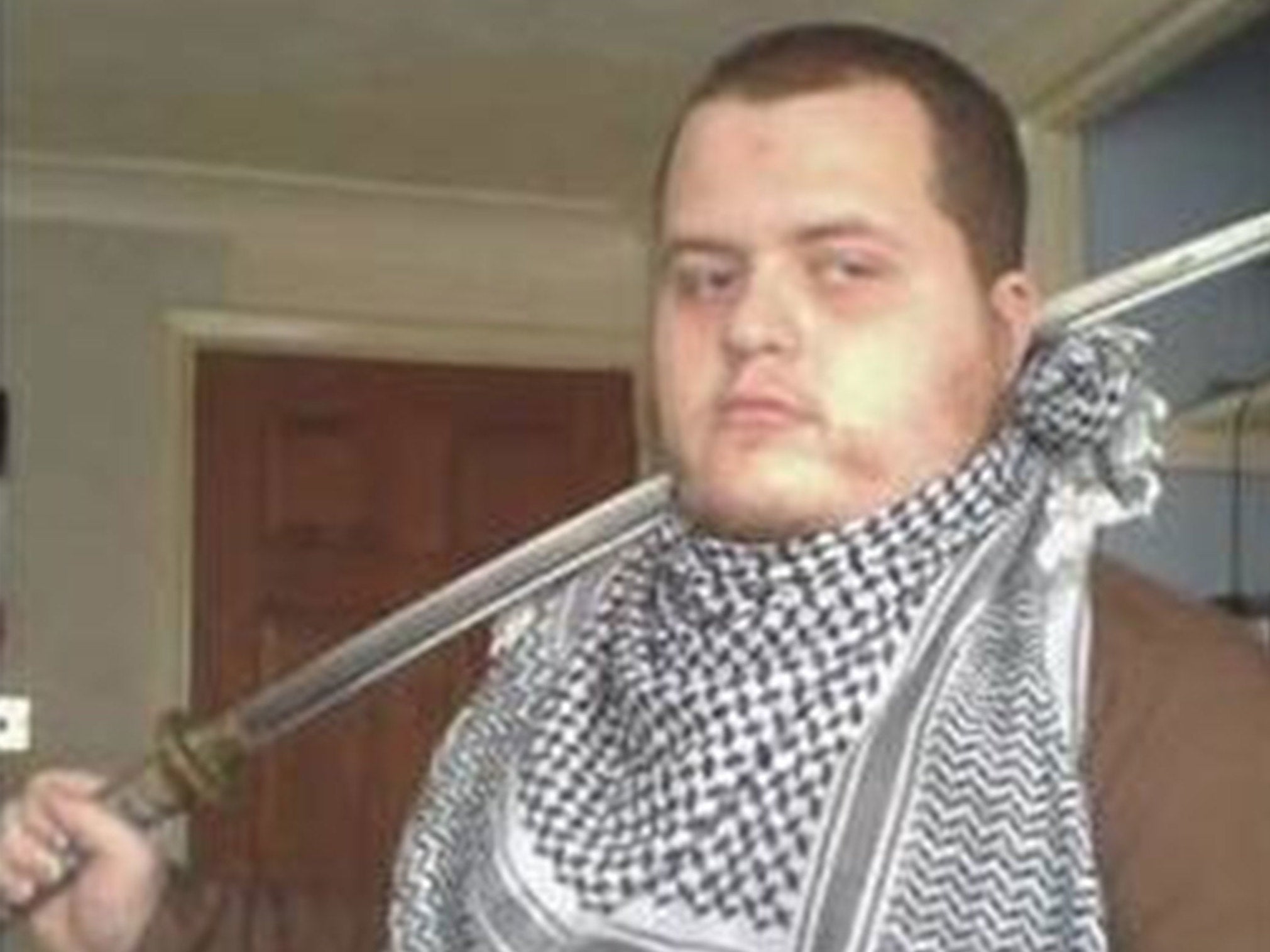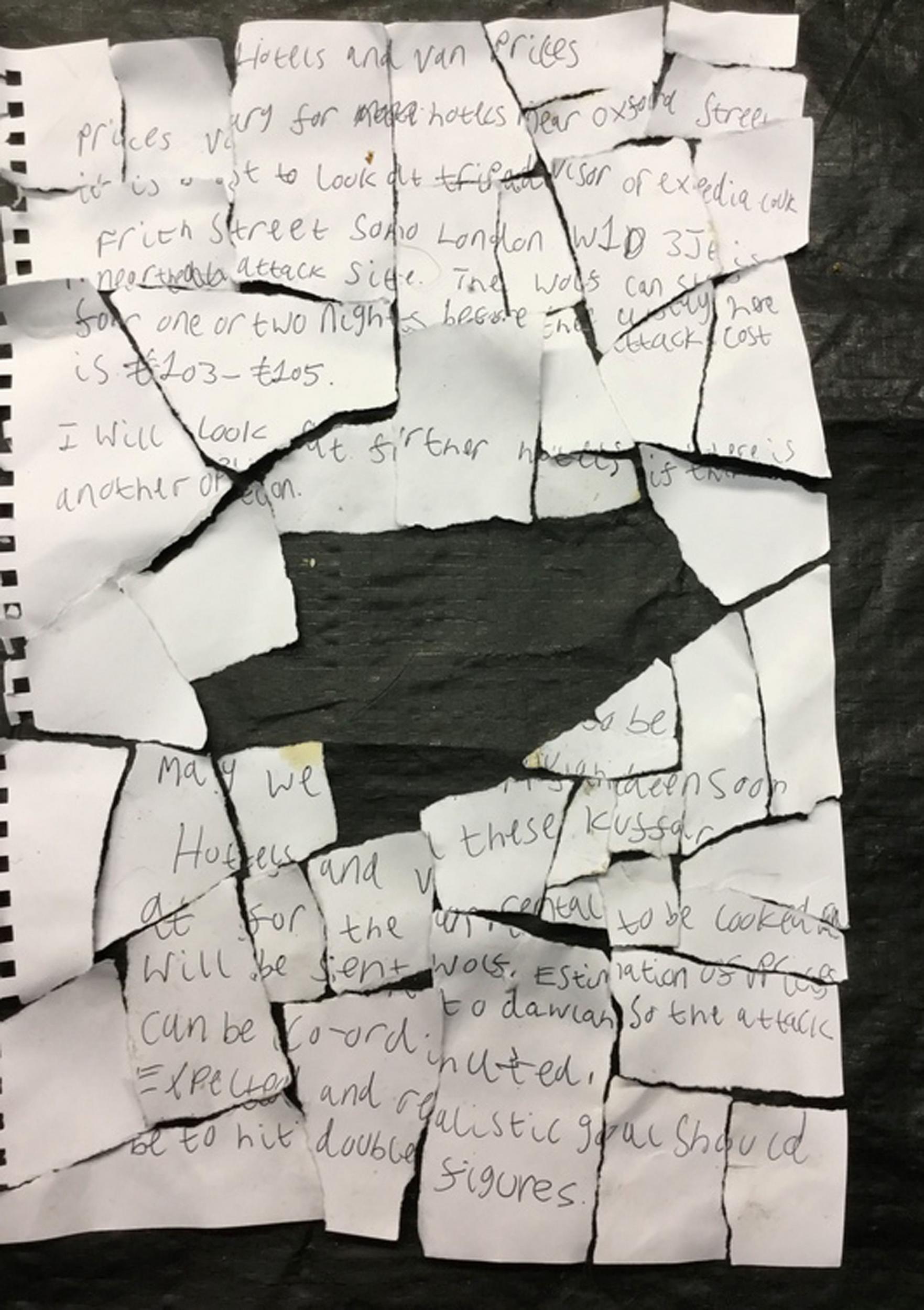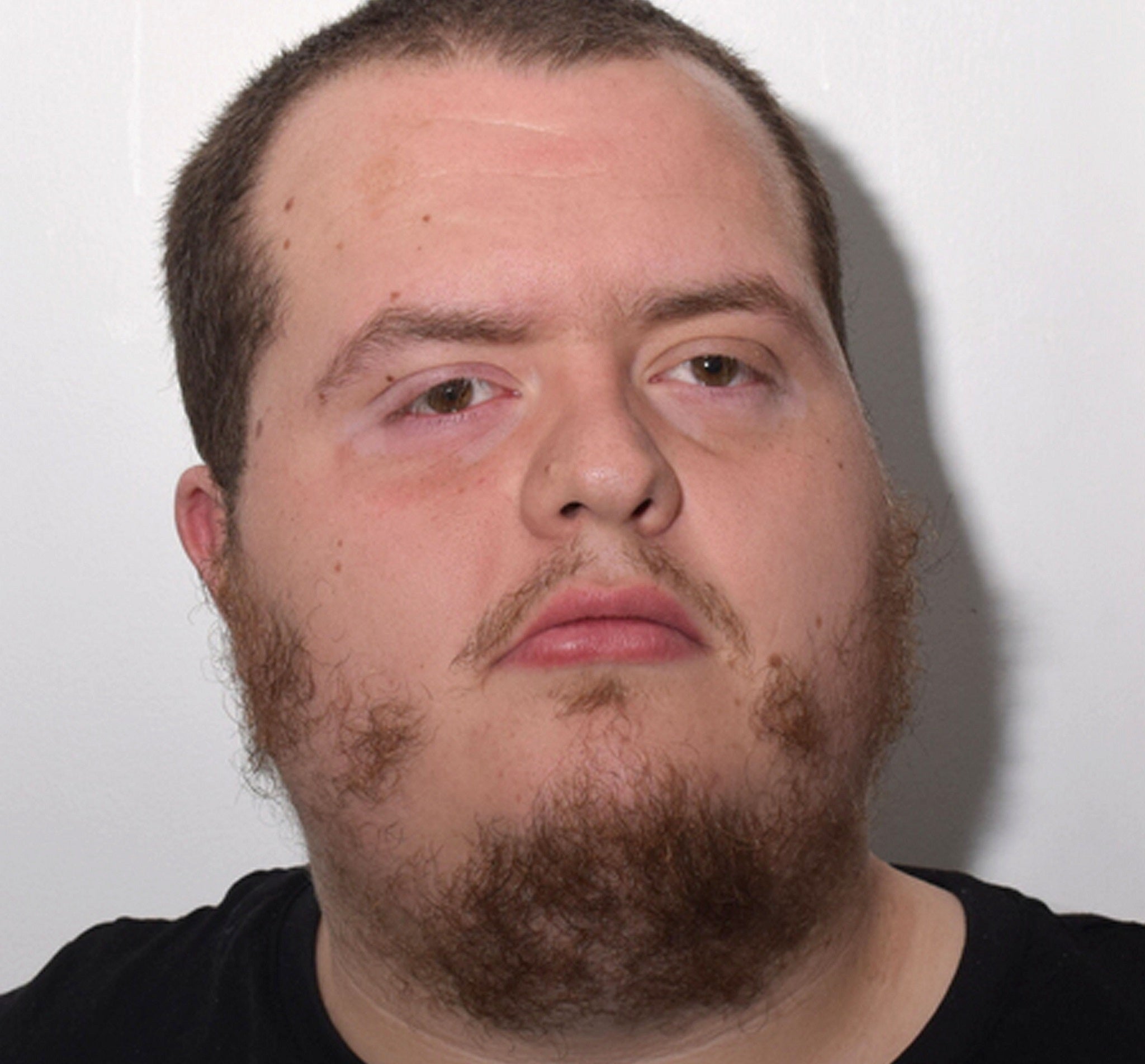Lewis Ludlow trial: Man who plotted 'spectacular' terror attack on London's Oxford Street jailed for 15 years
The 27-year-old hoped to kill up to 100 people by mounting a pavement in the busy shopping district in a van

Lewis Ludlow - nicknamed “The Eagle” - has been jailed for life with a minimum term of 15 years for planning a “spectacular” terror attack on Oxford Street in London.
The Muslim convert planned to kill up to 100 people in a “ram attack” by mounting a pavement in the busy shopping district in a van or driving through Madame Tussauds.
The 27-year-old former Royal Mail worker, who also dubbed himself “The Ghost”, researched potential targets around the capital.
He identified Oxford Street as an “ideal” spot, writing: “It is expected nearly 100 could be killed in the attack.”
He bought a phone under a false name and wrote down his attack plans, which were later found ripped up in a bin.
But he was stopped by police at Heathrow Airport in February 2018 as he attempted to board a flight to the Philippines.
The Old Bailey heard the Prevent deradicalisation programme had attempted to engage with Ludlow since November 2008 after his college raised concerns about his religious beliefs and carrying a knife.
He had taken part in 16 meetings and a phone call with officers over six months before his arrest last April.
He pleaded guilty at the Old Bailey last year to plotting an attack in the UK and funding Isis abroad.
On Wednesday, Judge Nicholas Hilliard QC jailed Ludlow for life with a minimum term of 15 years for the attack plan, with seven years to run concurrently for funding.
The judge said Ludlow had been engaged in preparations for a “spectacular” multi-casualty attack “with the intention of causing death or terror”.
He told the defendant: “Your commitment at the time we are concerned with to violent extremism ran very deep and for some time.
“There could be no other explanation for your preparing to kill innocent people in a vehicle attack for ideological reasons.”

Judge Hilliard rejected the suggestion Ludlow had been coerced by an Islamic State supporter in the Philippines, saying the defendant was “nobody’s fool”.
He added: “I do not regard you as suggestible or easily taken advantage of.
“You were well able to resist the Prevent programme.”
The court heard how Ludlow, from Rochester in Kent, first came to the attention of police in 2010 when he attended a demonstration led by radical preacher Anjem Choudary and his banned Al-Muhajiroun (ALM) group.
When he was arrested in 2015, Isis material was found on his electronic devices but no further action was taken.

In January 2018, he bought a ticket to fly to the Philippines on 3 February but was stopped at the airport and had his passport seized.
Having set up a PayPal account and a fake Facebook site called Antique Collections, he sent money to an Isis supporter, Abu Yaqeen, in the Philippines.
Ludlow also turned his attention to launching an attack in Britain, with encouragement from Yaqeen, the court heard.
He visited an internet cafe in Vauxhall Bridge Road in central London where he searched online for shopping centres, Oxford Street and the Isis flag.

Police later recovered torn-up scraps of paper from Ludlow’s bin detailing potential attack sites, including Madame Tussauds, Oxford Street, St Paul’s Cathedral and a “Shia temple in Romford”.
He detailed a potential attack on Oxford Street using a van mounting the pavement, noting the lack of safety barriers.
He wrote: “Wolf should either use a ram attack or use ... on the truck to maximise death ... it is a busy street it is ideal for an attack. It is expected nearly 100 could be killed in the attack.”
On 13 April Ludlow’s mobile phone was retrieved from a drain and found to have videos of the defendant swearing allegiance to Isis and evidence of “hostile reconnaissance”.
When Ludlow was arrested by counter-terrorism police he refused to explain himself in interview.
Following his guilty plea, autistic Ludlow told how he rejected an MI5 advance in March 2017 but agreed to engage with the Prevent programme.
He became “bitter” and “heartbroken” when he was barred from going to the Philippines.
He said: “I felt that I was trapped like an animal unable to escape its cage.”
Bookmark popover
Removed from bookmarks